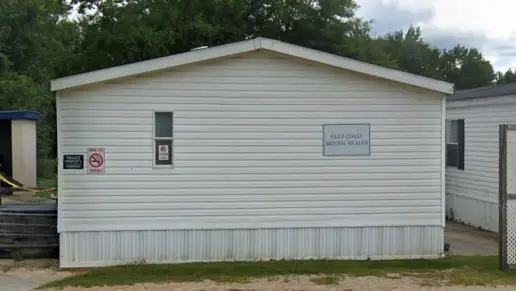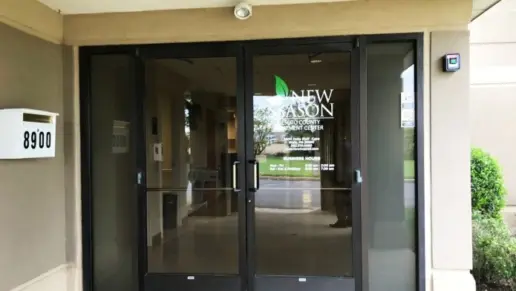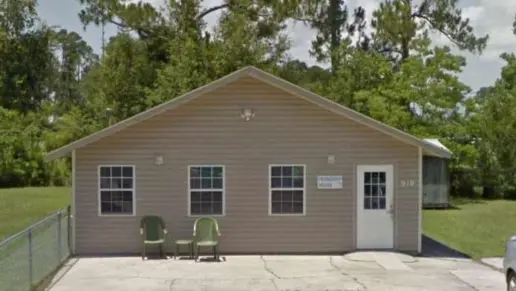About Jackson Comprehensive Treatment Center
Jackson Comprehensive Treatment Center is a drug rehab in Jackson, Mississippi, specializing in opioid and mental health treatment for adults and seniors. They integrate individualized, evidence based therapies and medication assisted treatment (MAT) to help clients sustain recovery.
Clients can live at home and attend treatment with their outpatient program. Their program encourages holistic healing, offering individual and group counseling to help clients address the underlying causes of their addiction, build coping skills, and achieve their recovery goals. Licensed therapists utilize cognitive behavioral therapy (CBT) and dialectical behavioral therapy (DBT) in therapy sessions. Clients can also participate in family therapy to repair relationships and learn about addiction with loved ones.
Addiction specialists couple behavioral therapy with MAT to help clients overcome withdrawal symptoms and cravings, promoting long term recovery. Their MAT program offers Vivitrol, suboxone, buprenorphine, and methadone, depending on the client’s unique situation.
Jackson Comprehensive Treatment Center accepts most major insurance companies to cover some treatment costs. They may accept BlueCross BlueShield, Magellan Health, Aetna, Cigna, Anthem, and Amerigroup. Contact your insurance to learn more about your coverage, as out of network benefits generally vary.
Rehab Score
Gallery
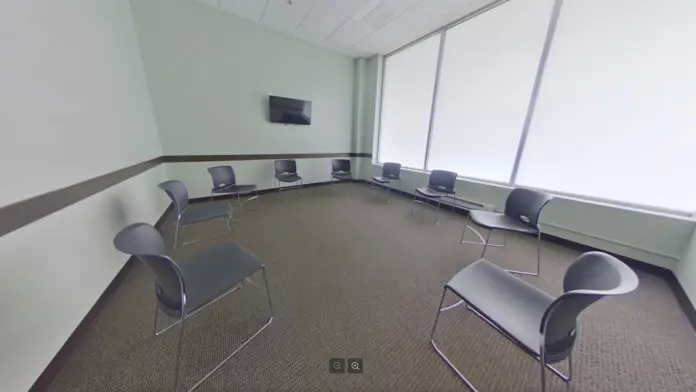
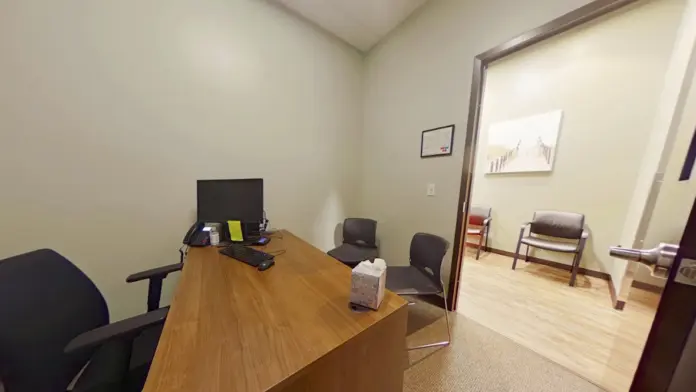
Location
Accepted Insurance
Other Forms of Payment
Private insurance refers to any kind of healthcare coverage that isn't from the state or federal government. This includes individual and family plans offered by an employer or purchased from the Insurance Marketplace. Every plan will have different requirements and out of pocket costs so be sure to get the full details before you start treatment.
Self-pay involves paying for treatment out of your own pocket. You can use savings or credit, get a personal loan, or receive help from family and friends to fund your treatment. If you don't have insurance or your insurance plan doesn't cover a specific program, self-pay can help ensure you still get the care you need.
Medicare is a federal program that provides health insurance for those 65 and older. It also serves people under 65 with chronic and disabling health challenges. To use Medicare for addiction treatment you need to find a program that accepts Medicare and is in network with your plan. Out of pocket costs and preauthorization requirements vary, so always check with your provider.
Medicaid is a state based program that helps lower-income individuals and families pay for healthcare. Medicaid covers addiction treatment so those enrolled can use their coverage to pay for rehab. When a program accepts Medicaid the client often pays very little or nothing out of their own pocket.
Addiction Treatments
Levels of Care
Treatments
Opioid rehabs specialize in supporting those recovering from opioid addiction. They treat those suffering from addiction to illegal opioids like heroin, as well as prescription drugs like oxycodone. These centers typically combine both physical as well as mental and emotional support to help stop addiction. Physical support often includes medical detox and subsequent medical support (including medication), and mental support includes in-depth therapy to address the underlying causes of addiction.
Substance rehabs focus on helping individuals recover from substance abuse, including alcohol and drug addiction (both illegal and prescription drugs). They often include the opportunity to engage in both individual as well as group therapy.
Programs


Clinical Services
If you participate in cognitive behavioral therapy in Mississippi, you can expect to receive homework exercises that allow you to practice the skills you discuss during your sessions. You'll learn how to develop coping skills and change your thinking and behavior so you can break free from addiction.
Treatment that includes dialectical behavior therapy in Mississippi gives you specific tools for managing challenging situations. You'll learn how to identify and change unhealthy thought patterns. You'll also attend group training sessions where you can start applying the skills you're learning in treatment.
Group therapy is any therapeutic work that happens in a group (not one-on-one). There are a number of different group therapy modalities, including support groups, experiential therapy, psycho-education, and more. Group therapy involves treatment as well as processing interaction between group members.
In individual therapy, a patient meets one-on-one with a trained psychologist or counselor. Therapy is a pivotal part of effective substance abuse treatment, as it often covers root causes of addiction, including challenges faced by the patient in their social, family, and work/school life.
While undergoing couples therapy, you'll explore any problems in your relationship with the goal of identifying and resolving dysfunctional patterns. You'll learn new and better ways to manage challenges so you can move forward with a healthier relationship.
Family therapy involves group sessions in which all members of the family unit are together to discuss how addiction has affected them collectively and individually. Experienced therapists help guide families to develop strategies that protect their well being and emotional health while supporting their loved one's efforts to recover.
Amenities
-
Residential Setting
-
Private Rooms
Contact Information
1935 Lakeland D
Suite 900
Jackson, MS 39216


